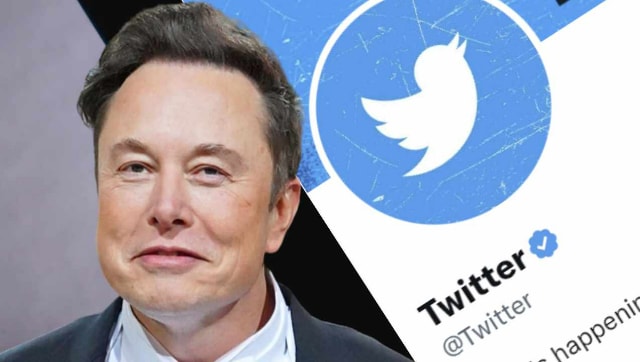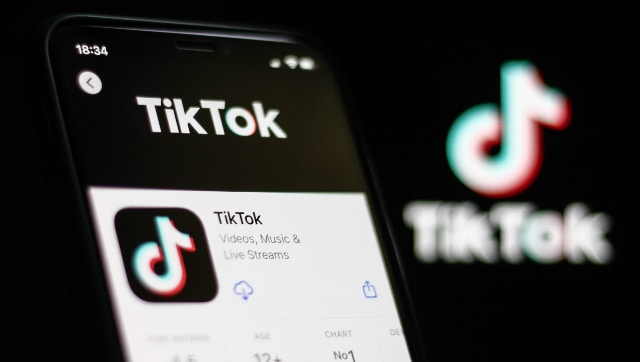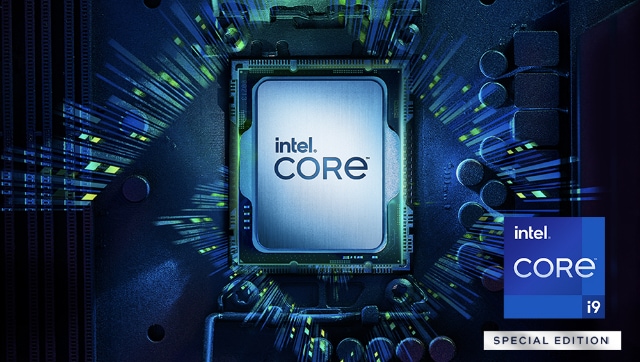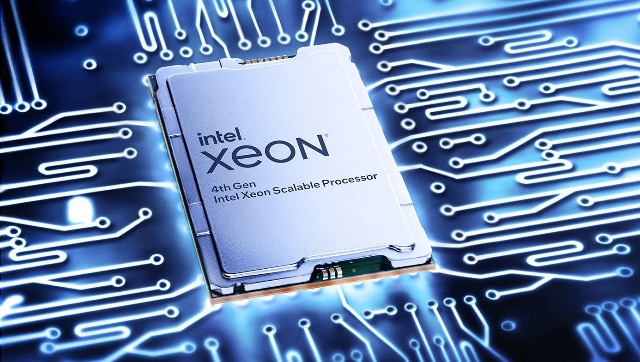Elon Musk’s Twitter planned on charging users a one-time fee for their usernames to grow revenue
Mehul Reuben DasJan 12, 2023 17:06:57 IST
Elon Musk and his team at Twitter had once considered selling usernames to generate revenue for the platform, a report by the New York Times has revealed. Elon Musk is taking some drastic steps in order to generate a better cash flow and revenue stream for Twitter, however, some of the steps that the social media platform and Elon Musk have taken, are downright bizarre.

Elon Musk expects to free up a bunch of usernames when Twitter deletes about a billion inactive accounts on Twitter. Some of these usernames are quite unique, which Musk plans on auctioning to get more revenue for Twitter.
Two Twitter employees who have first-hand knowledge of the plan spoke to reporters from the New York Times and revealed that Twitter employees have held conversations about selling some user names for the service since at least December, the people said. Engineers have discussed running online auctions where people can bid for the user names, which are the words, numbers or string of characters that follow the @ sign by which accounts are identified on the platform.
Elon Musk had said in December that he wanted to start eliminating inactive accounts on Twitter and free up 1.5 billion user names. Naturally, some of these usernames would be of a high value, especially for businesses and public individuals, who, Musk assumed, would pay for a username of their choice.
User names or handles that are unique can be very profitable, just like certain URLs on the website. Early adopters of social media platforms often open up multiple accounts and claim these URLs, hoping that some individuals and businesses are ready to spend thousands of dollars on them.
People also often purchase such user names on black marketplaces, which have popped up because they contain a short word or number and may have been abandoned by their owners. In most of these cases, the username is stolen from an account that has been lying dormant for a long time, and which was recently hacked.
The purchasing and sale of handles are prohibited per Twitter policy. Hackers have historically been drawn to the trade. A 17-year-old Florida man was detained in 2020 after hacking into Musk’s and other celebrities’ Twitter accounts to gather user identities to sell.
Popular messaging service Telegram announced that starting in October, users would be able to auction off their handles.
Musk tweeted that he will “absolutely” look to delete accounts that have been dormant for a year, some of which had sought user names, four days after buying the firm in October. Twitter will provide the identities of accounts that were “obvious account cancellations with no tweets & no log in for years,” he claimed in December.




